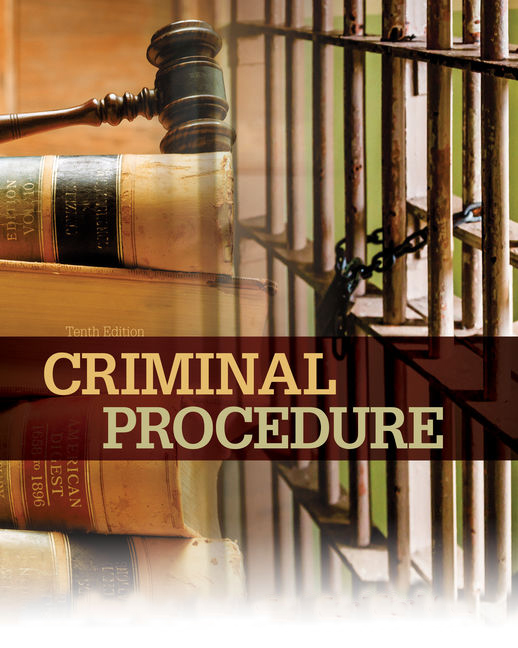High Court cannot re-appreciate the evidence and come to the other conclusion merely because on the basis of same evidence the other view is possible: High Court of J&K and Ladakh
Once the learned trial court has acquitted the respondent for the commission of offence after appreciating the evidence, High Court cannot re-appreciate the evidence and come to the other conclusion merely because on the basis of same evidence the other view is possible as held by the Hon’ble High Court of J&K through a learned bench of Justice Rajnesh Oswal in the case of Bachan Singh Vs State of J&K and others [CRMC No. 249/2016].
The petition was been filed by the petitioner under section 561- A Cr.P.C. (now 482 Cr.P.C) for quashing the judgment/order, by virtue of which, Court of learned JMIC, Bishnah (hereinafter referred to as the trial court), has acquitted the respondent No. 2 from the charges for commission of offences under sections 279/337/304A RPC, on the grounds that the learned trial court has not appreciated the evidence in its right perspective and has acquitted the respondent No. 2 erroneously.
The brief facts are that FIR bearing No. 1/2008 was registered on 02.01.2008 on information received about an accident from the reliable sources. Initially FIR bearing No. 1/2008 was registered under section 297/337 RPC. However, the injured expired and thereafter Section 304-A was also added. After the conclusion of investigation, the challan for commission of offences under sections 279/337/304A RPC was filed against the respondent No:2. The respondent No:2 did not plead guilty and the prosecution was directed to lead evidence.
The Court after a perusal of the facts observed and stated that “The learned trial court after considering the evidence of these witnesses has come to the conclusion that the prosecution has miserably failed to connect the accused with the commission of the offence. Statement of PW Kuldeep Singh too does not connect the petitioner with the crime as he was neither aware about the parentage of respondent No:2 nor his name. Learned counsel appearing for the petitioner could not bring to the notice of the Court that any vital piece of evidence that has been overlooked by the learned trial court while appreciating the evidence. Once the learned trial court has acquitted the respondent No. 2 for the commission of offence after appreciating the evidence, this Court cannot re-appreciate the evidence and come to the other conclusion merely because on the basis of same evidence the other view is possible. Needless to say, even no other view is possible on the basis of evidence led by the prosecution.”
Click here to read the Judgment
Judgment Reviewed by – Aryan Bajaj

